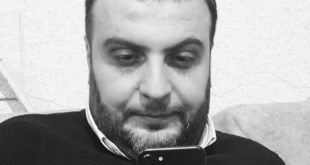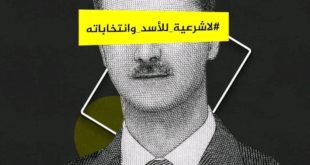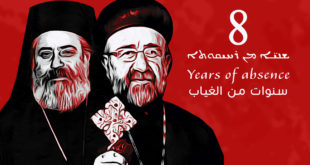Curbs aimed to stop government-sponsored violence and initiate political change
Brussels: The European Union imposed sanctions Monday on Syrian President Bashar Al Assad because of his government’s continuing crackdown on anti-government protesters, in which more than 900 people have reportedly been killed.
The 27-nation bloc instituted an assets freeze and a visa ban on Al Assad and nine other members of his regime.
Syria’s foreign minister acknowledged that US and EU sanctions will hurt Syrian interests, but he said the country will not allow foreign countries to impose their will on Syria.
Syrian Foreign Minister Walid Al Moallem said Monday the EU sanctions a "mistake". He said the sanctions will hurt Syria, but they also will hurt the EU and the US. He spoke during an interview on state-run TV.
Earlier this month, the EU sanctioned 13 people with links to the Syrian regime, but Al Assad was not among them. A European official said at the time that the omission was part of a deliberately gradual approach.
But the killing of anti-government protesters has continued unabated. Syrian security forces opened fire on a funeral procession for slain anti-government protesters Saturday, pushing the number of people reported killed in the two-month uprising to more than 900 and making it one of the deadliest of the recent uprisings in the Arab world.
Georges Chachan, an exiled opposition figure, welcomed the sanctions on Assad. "It was about time," said Chachan, who is head of the Assyrian Democratic Organisation-Belgium, although he acknowledged the sanctions would not force Al Assad from power.
"This was an important step because it’s a symbol," he said. "Bashar Al Assad is the head of the system. He’s the head of the regime. So by doing so today, they said, ‘Well, the president is responsible for what’s happening in Syria – killing and so on’.’"
The sanctions are a significant personal blow to Al Assad, a British-educated, self-styled reformer who has made a high priority of efforts to bring Syria back into the global mainstream, efforts that included hosting a series of visits from European diplomats.
His wife Asma was born and raised in Britain and educated there. Earlier this month, the Syrian Embassy in London was forced to deny persistent rumours that she had fled to Britain with the couple’s young children.
EU foreign ministers, meeting Monday in Brussels, also adopted a statement that says "the EU condemns in the strongest terms the ongoing repression in Syria and the unacceptable violence used by the military and security forces against peaceful protesters".
The statement said those responsible for the violence should be held accountable. It urges the Syrian leadership to grant access to an urgent mission of the Office of the High Commissioner for Human Rights. And it expresses concern at mass arrests and torture and calls for the release of all political prisoners.
In addition, the statement says the EU is deeply troubled by the military closure of a number of Syrian cities, including Daraa, Baniyas and Homs, and by reports that access to medical care and basic services in those areas is being restricted.
British Foreign Secretary William Hague hailed the EU’s action. "I am particularly pleased we have agreed the additional sanctions on Syria, on individuals including the president of Syria, given the continuing repression and deaths and violence against protesters," Hague said.
But he said the influenced of the international community should not be overestimated, and more would need to be done in the future.
Al Assad inherited power from his father in 2000. Between the two of them, the Al Assad family has ruled Syria for 40 years
 Assyrian Democratic Organization ADO
Assyrian Democratic Organization ADO






